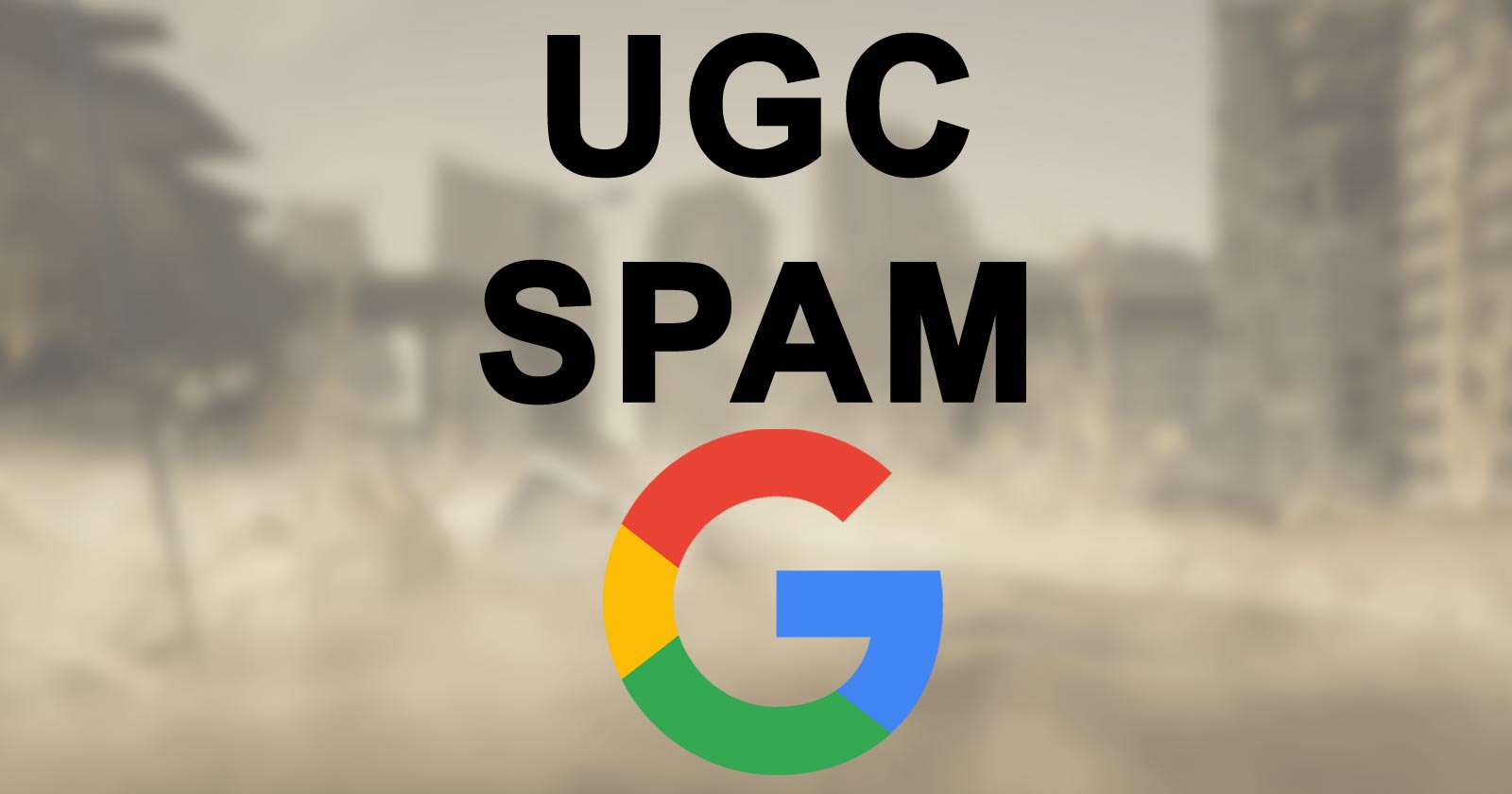Google published a blog post recommending that publishers prevent their sites from being used for user generated content (UGC) spam. They warned that pages that tolerated UGC spam risked receiving a manual action penalty.
A manual action can result in a loss of traffic.
Google’s article warned:
“Under the principles set out in Google’s Webmaster Guidelines, this may result in Google taking manual actions against the affected pages.”
User Generated Content Spam
Spammers and link builders tend to build profiles on forums for the purpose of leaving a link in the profile and sometimes in a post. Increasingly, forum spammers have begun hiding their links within forum posts by making their links black so that they don’t turn blue like links normally do.
Google cited the following problematic UGC areas:
- Forums
- Guestbooks
- Social media platforms
- File uploaders
- Free hosting services
- Internal search services
These are the kinds of spam Google is warning about:
“Spammy content like this can be harmful to your site and users in several ways:
Low-quality content on some parts of a website can impact the whole site’s ranking.
Spammy content can potentially lead users to unwanted or even harmful content, such as sites with malware or phishing, which may lower the reputation of your site.
Unintended traffic from unrelated content on your site can slow down your site and raise hosting costs.
Google might remove or demote pages that are overrun with third-party generated spam to protect the quality of our search results.”
Are Manual Actions Coming Soon to Forums and other UGC Sites?
It’s possible that a crackdown on UGC spam is coming and this can be read as a warning to publishers to clean up their sites now before manual actions begin happening.
Tips for Preventing and Finding UGC Spam
Google offered a number of tips for fighting spam, most of which anyone who operates a forum may aleady be familiar with.
Top Tips For Finding and Removing Spam:
- Block automated Account Creation
Use Captchas and require account validation through email - Turn on Moderation Features
Disallowing guest posting and moderated posting privileges for new members - Monitor Your Site for Spammy Content and Clean Up Any Issues
Register for the Google Search Console and check manual action and the security reports. - Identify and Terminate Spam Accounts
- Prevent Google Search from Showing or Following Untrusted Content
Google recommends using the noindex meta tag for untrusted areas of a website like user profiles as well as using nofollow on UGC links. - Consolidate UGC Content in a Concentrated File Path or Directory
This is an interesting suggestion. They recommend creating a directory where UGC content can be consolidated in because it makes it easier to find spam created by hackers using automated scripts. - Keep Your Web Software Up to Date
Use Google Alerts to Fight Spam
Google suggests using Google Alerts to receive warnings when spammy content is being created on your site.
The way to do it is by conducting Site Colon searches (site:) using spammy keywords then set up a Google Alert for those searches. When a spammer creates spam using those keywords it will trigger a warning email from Google.
This is how Google explains it:
“…check your site for unexpected or spammy content by using the site: operator in Google Search, together with commercial or adult keywords that are unrelated to your site’s topic. For example, search for [site:your-domain-name viagra] or [site:your-domain-name watch online] to detect the irrelevant content on your site…”
Hunt Down UGC Spam
It may be prudent to treat this blog post article as an advance warning that manual penalties for UGC spam are on the way. The best course of action is to check your site for spammy content, spammy links and spammy user profiles and get rid of them as soon as possible.
Do not assume that your site has no spam. Check it today.





![[SEO, PPC & Attribution] Unlocking The Power Of Offline Marketing In A Digital World](https://www.searchenginejournal.com/wp-content/uploads/2025/03/sidebar1x-534.png)